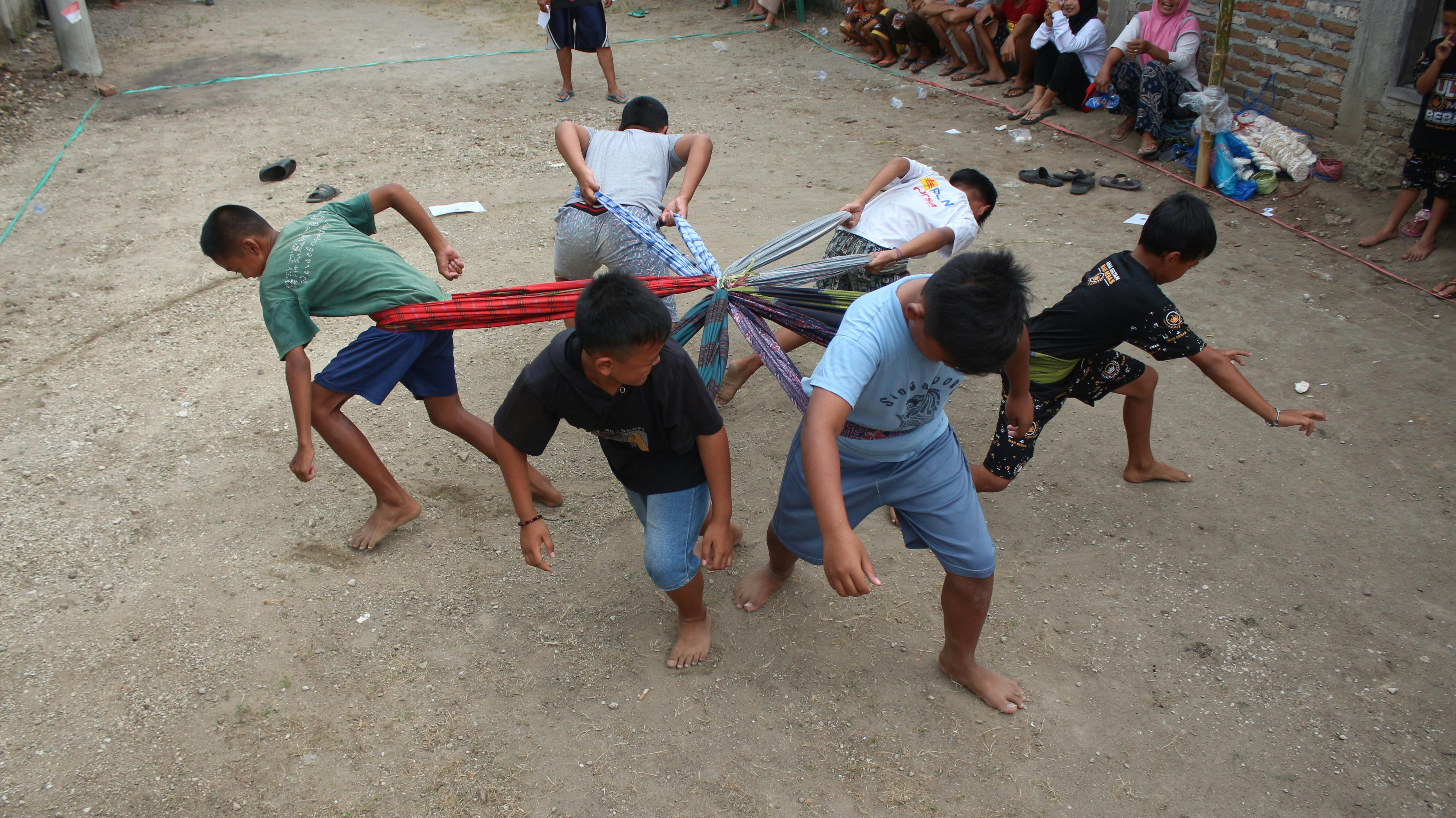
This post responds to questions raised previously within this blog, which focus on the challenges faced by second-order researchers. Fearn (2023) suggests that within the field of education, second-order researchers (also named practitioner-researchers) “do not share their expertise through publication”, in part due to a lack of “adequate training in enquiry” (Fearn, 2023, drawing on Davis, 2019).
Although it may be true that adequate training is not provided, this post will suggest that
a lack of training is not the primary barrier preventing teachers from sharing their knowledge through publication.
Within the Scottish educational context, practitioner enquiry – the term commonly used to describe practitioner research in education – is an important part of professional learning (see General Teaching Council for Scotland, n.d.). This post suggests that it is not the act of enquiry that is the primary challenge but the act of publication following that enquiry.
The literature tells us that practitioners engaging in research are insider researchers, party to “valuable insights” that other researchers “would admire” (Punch and Rodgers 2022, p. 278). But when considering the results and/or impact of practitioner enquiry, those judging the quality of the research (understandably) want the research to be reported with a full explanation of its context. Insider researchers can feel torn between the responsibilities they have to the academic community who will be reading their published work – who want as much context as possible – and the responsibility they feel towards their learning community; they can experience “feelings of loyalty to the group and even uneasiness during analysis” (Punch and Rodgers, 2022, p. 278), which would perhaps not be felt by researchers who are external to the learning community.
It could be suggested that this tension would be felt by any practitioner-researcher in any field of practice. But, within the field of education, there is a growing recognition of the extent to which learning and teaching strategies must be adapted for and informed by the “unique circumstances of the learning community” (Education Scotland, 2022). If insider researchers have access to “valuable insights” that are inaccessible to other researchers, as Punch and Rodgers (2022, p. 278) suggest, practitioner researchers in education could provide increased detail regarding the ‘unique circumstances’ of their research situation. The tension described above, between the responsibilities felt towards the academic community and those felt towards the community being researched, can therefore be particularly problematic for second-order researchers within the field of education, given their increased access to information about that learning community and the emphasis on the importance of context within education.
Interrogating the purpose of publication, and the purpose of practitioner enquiry itself, could support practitioner researchers in education to overcome this issue. Given Education Scotland’s (2022) emphasis on the need to adapt learning and teaching to the “unique circumstances” of a learning situation, we could question whether the results of practitioner enquiry need to be accompanied by detailed contextual information: would any practitioner reading such publications not have to adapt the outcomes anyway, to meet the needs of their own ‘unique circumstances’? Boland and Doherty (2020, p. 45) support this view by asserting that the contextualised learning one gains through practitioner enquiry cannot be used as a resource for other practitioners. They argue that the “small scale and the particularity of context” (2020, p. 45) reduce the extent to which the outcomes of practitioner enquiry can be used elsewhere but stress that the publication of practitioner enquiry is useful to demonstrate “how particular ideas provoke enquiry”. Elsewhere within the literature, Wall also emphasises the importance of the results of practitioner enquiry – but not necessarily in terms of the sharing of “the endpoint” – for Wall (2023), drawing on Stenhouse, 1981), it is the sharing of the research process “when the actual learning about pedagogy and research is happening” that is important.
This post does not wish to question the importance of practitioner research within the field of education – nor does it question the importance of publishing such research. It does, however, wish to highlight the tensions that may prevent practitioner researchers within education from publishing their enquiries. It hopes to stimulate conversation about how published practitioner research within this field can be used – and therefore encourage consideration of the content we should expect within published practitioner research reports.
by Sussana Wilson

I am in the final year of my EdD studies, focusing on lecturers’ professional learning within the Scottish FE context. In my day-job, I teach within Further and Higher Education, predominantly on teacher and lecturer education programmes
